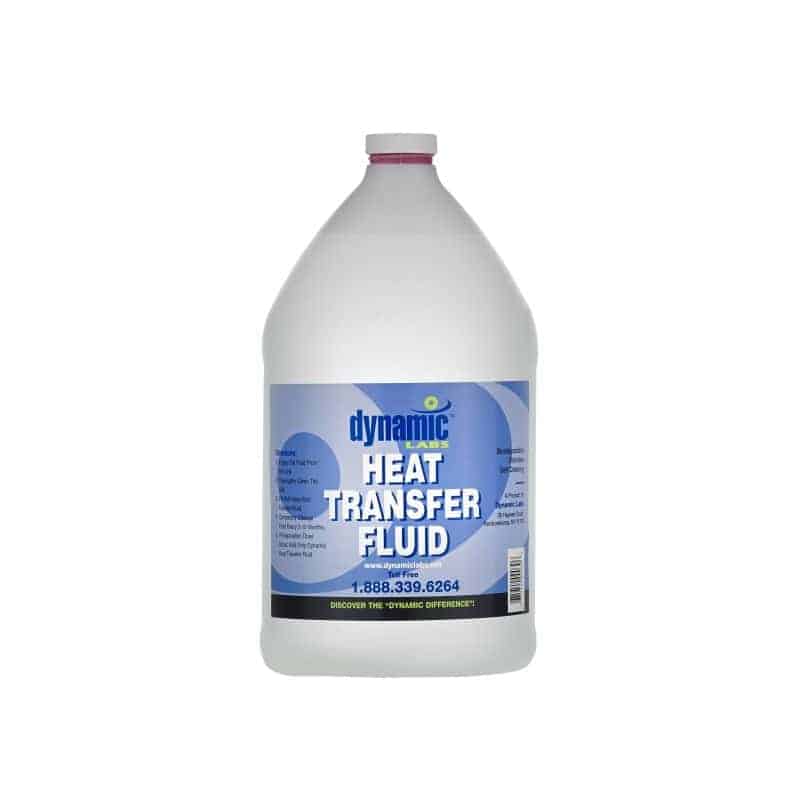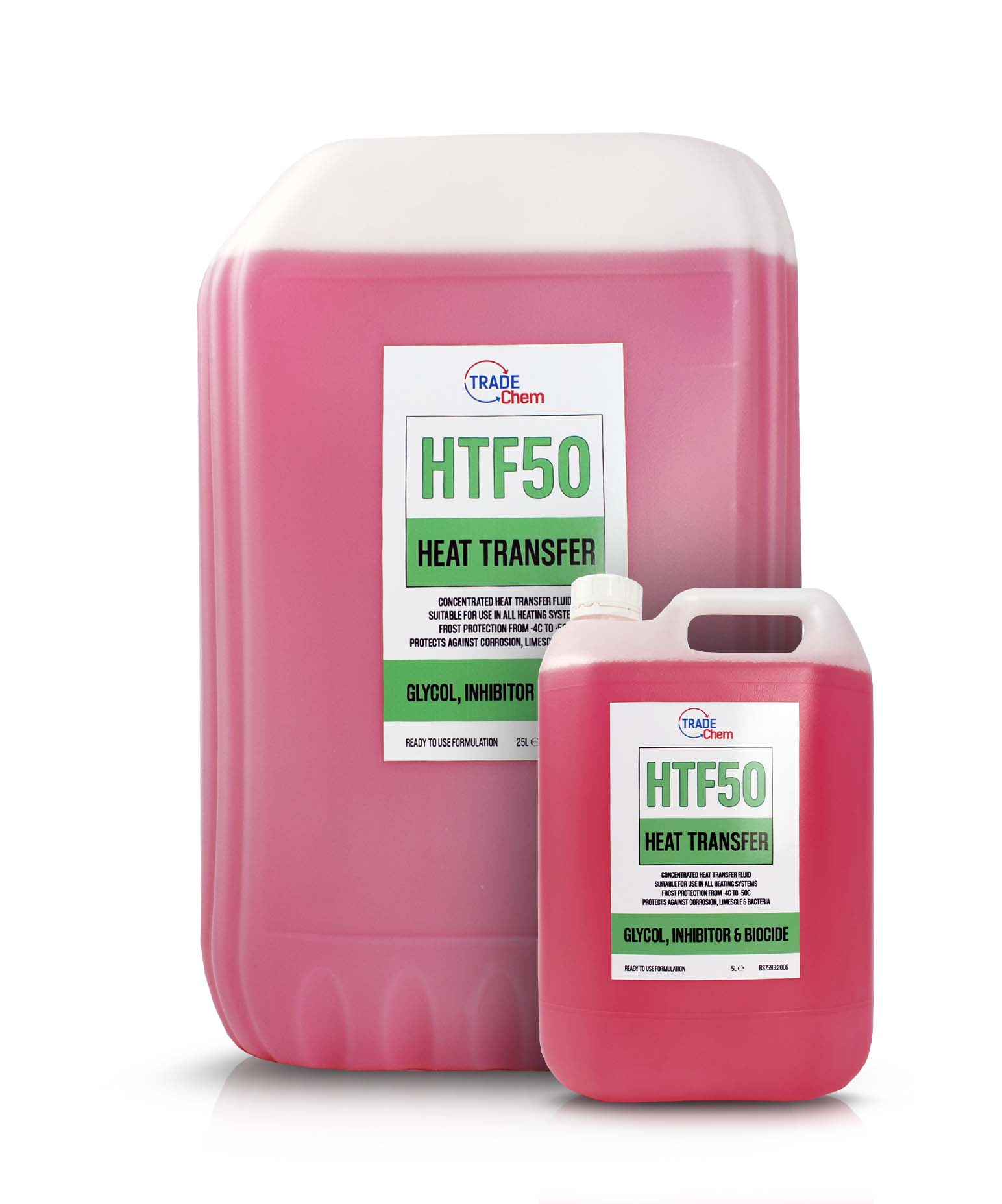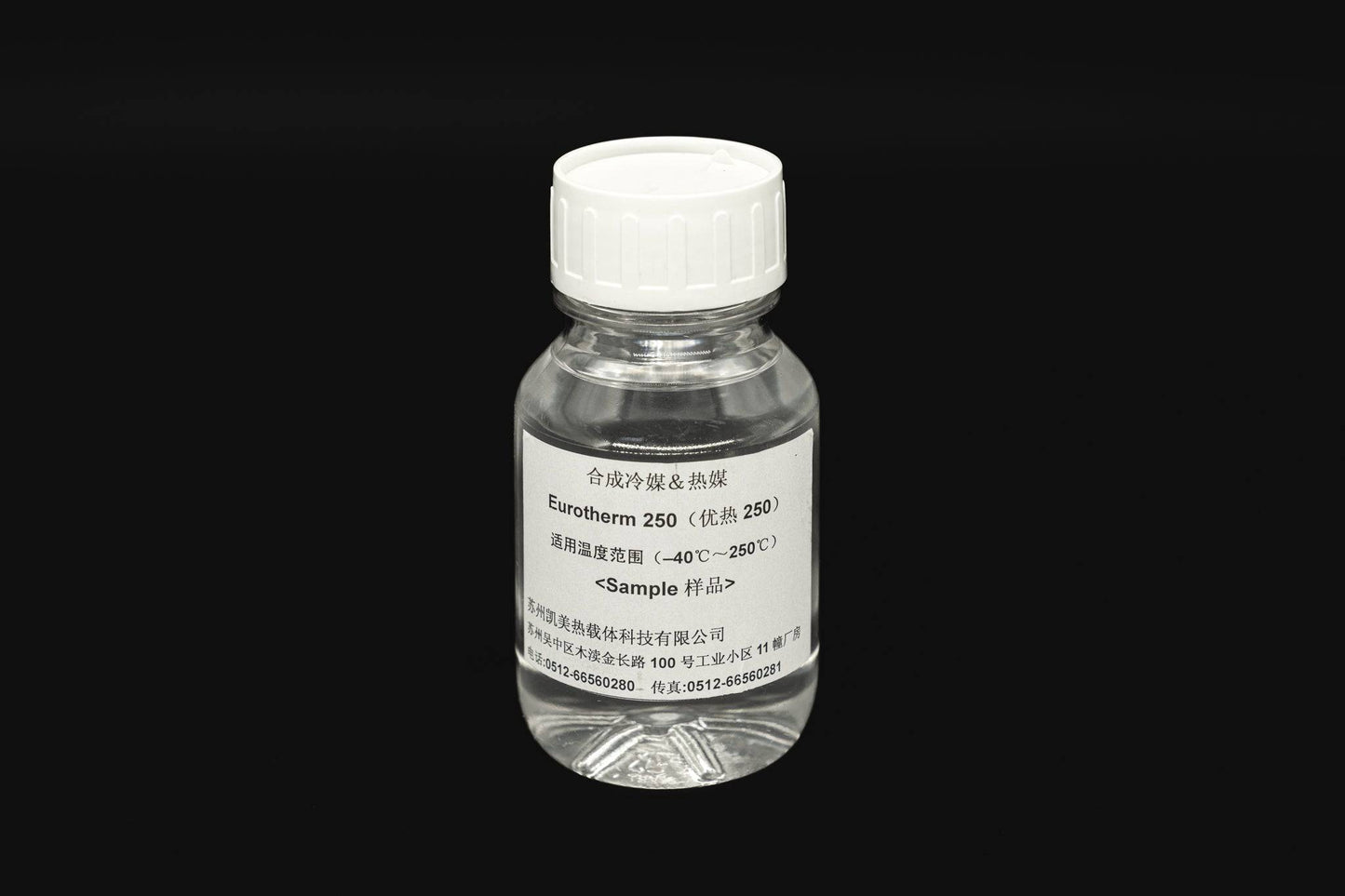Why Warm Transfer Fluid Is Crucial for Optimizing Energy Transfer in Solution
The role of warm transfer liquids in optimizing energy transfer is pivotal for accomplishing efficient thermal monitoring across different commercial industries. These liquids assist in seamless warmth exchange, ensuring procedures operate within optimum temperature level arrays and minimizing the threat of getting too hot. Their choice, based on factors like thickness and thermal stability, straight affects the effectiveness and sustainability of a system. The intricacies of selecting the best liquid are usually underestimated. What are the critical factors to consider for this option, and exactly how do they affect both economic efficiency and environmental obligation in industrial applications?

Function in Thermal Monitoring
Warm transfer fluids play an important role in thermal administration by successfully managing temperatures in different industrial processes and systems. These specialized liquids assist in the transfer of heat between various parts, ensuring optimal operating conditions and stopping overheating. By keeping exact temperature control, warmth transfer liquids make it possible for industries such as chemical production, oil and gas, and power generation to run safely and effectively.
The choice of an appropriate warm transfer liquid depends upon a number of elements, including thermal security, warmth ability, and thickness. High thermal security ensures that the liquid can hold up against severe temperature levels without weakening, while a high warmth capability enables it to absorb and launch significant amounts of warmth - heat transfer fluid. Reduced viscosity decreases the energy required for pumping, adding to total system performance
Moreover, warmth transfer fluids are integral in applications like refrigeration, where they aid take in and dissipate warm throughout the cooling cycle. In solar thermal power systems, these liquids capture and transportation solar heat to produce electrical power or supply warm water. Their versatility to diverse operating problems and ability to maintain regular thermal efficiency underscore their importance in industrial thermal monitoring, helping with operational connection and enhancing precaution.

Enhancing System Effectiveness
To make best use of the advantages of thermal management, boosting system effectiveness through the tactical usage of warm transfer fluids is critical. By keeping ideal temperature levels, warmth transfer liquids assist ensure that systems run within their created specifications, thus avoiding getting too hot and minimizing the risk of part failing.

Sorts Of Warm Transfer Fluids
The variety of warm transfer liquids underscores their essential role in a series of industrial applications, each tailored to satisfy certain thermal administration requirements. These fluids facilitate effective power transfer and are selected based on key residential properties such as thermal stability, viscosity, and warmth ability. The key types include water, glycol options, oils, and synthetics, each offering distinct benefits.
Water is the most typical warmth transfer tool due to its high particular warm ability and reduced cost. Mineral oils are favored for their thermal security and non-corrosive nature, making them appropriate for high-temperature applications.

Artificial fluids, consisting of silicone and fragrant compounds, offer outstanding thermal stability and are made use of in environments requiring severe temperature level ranges. These liquids make sure superior performance in systems where typical liquids might stop working. The choice of a heat transfer fluid is vital, as it affects system performance, security, and durability. Each kind has to be chosen to align with the functional demands and the particular problems of the application it serves.
Environmental and Economic Conveniences
Making use of the ideal warm transfer fluids provides substantial environmental and economic advantages for commercial operations. Ecologically pleasant warmth transfer liquids, frequently eco-friendly and non-toxic, decrease the threat of dirt and water contamination in the event of leakages look at this site or spills, thus securing ecosystems and complying with rigid ecological policies.
Economically, the right warmth transfer fluid can dramatically decrease functional expenses. Liquids with extended lifecycle performance reduce the regularity of substitutes and upkeep, decreasing downtime and associated prices. Overall, the tactical usage of ideal warm transfer liquids sustains sustainable financial growth and ecological stewardship.
Picking the Right Fluid
How does one navigate the intricate procedure of selecting the appropriate warmth transfer liquid for industrial applications? Thermal stability makes sure the fluid can endure high temperatures without deteriorating, while compatibility prevents rust or other detrimental reactions with system parts.
Additionally, the fluid's warm capacity and viscosity are paramount. A high heat ability allows the liquid to absorb and transfer even more power, enhancing effectiveness.
Conclusion
The critical choice and application of warm transfer liquids are basic to optimizing power transfer across various systems. By ensuring high thermal stability and ability, these liquids give exact temperature level control and enhance general system efficiency.